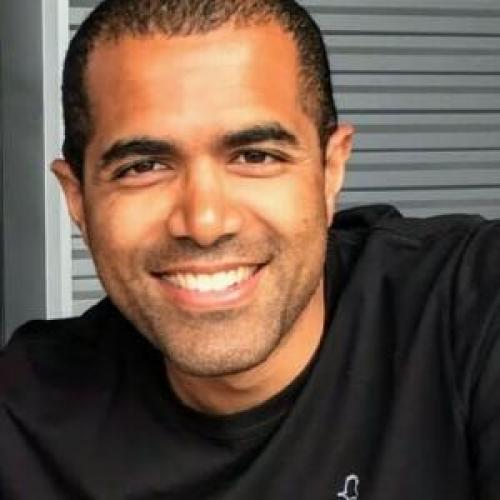U.S. - Italy Fulbright Scholar
The overall goal of this Fulbright grant is to increase mutual understanding between the people of the United States and the people of Italy through the exchange of ideas and culture. The Fulbright Scholar Program's primary purpose is as a public diplomacy initiative sponsored by the U.S. Department of State and is designed to expand and strengthen the relationships between the people of the United States and citizens of the rest of the world. To support this mission, grantees are asked to give public talks and engage with the host community, in addition to their primary research objectives.

